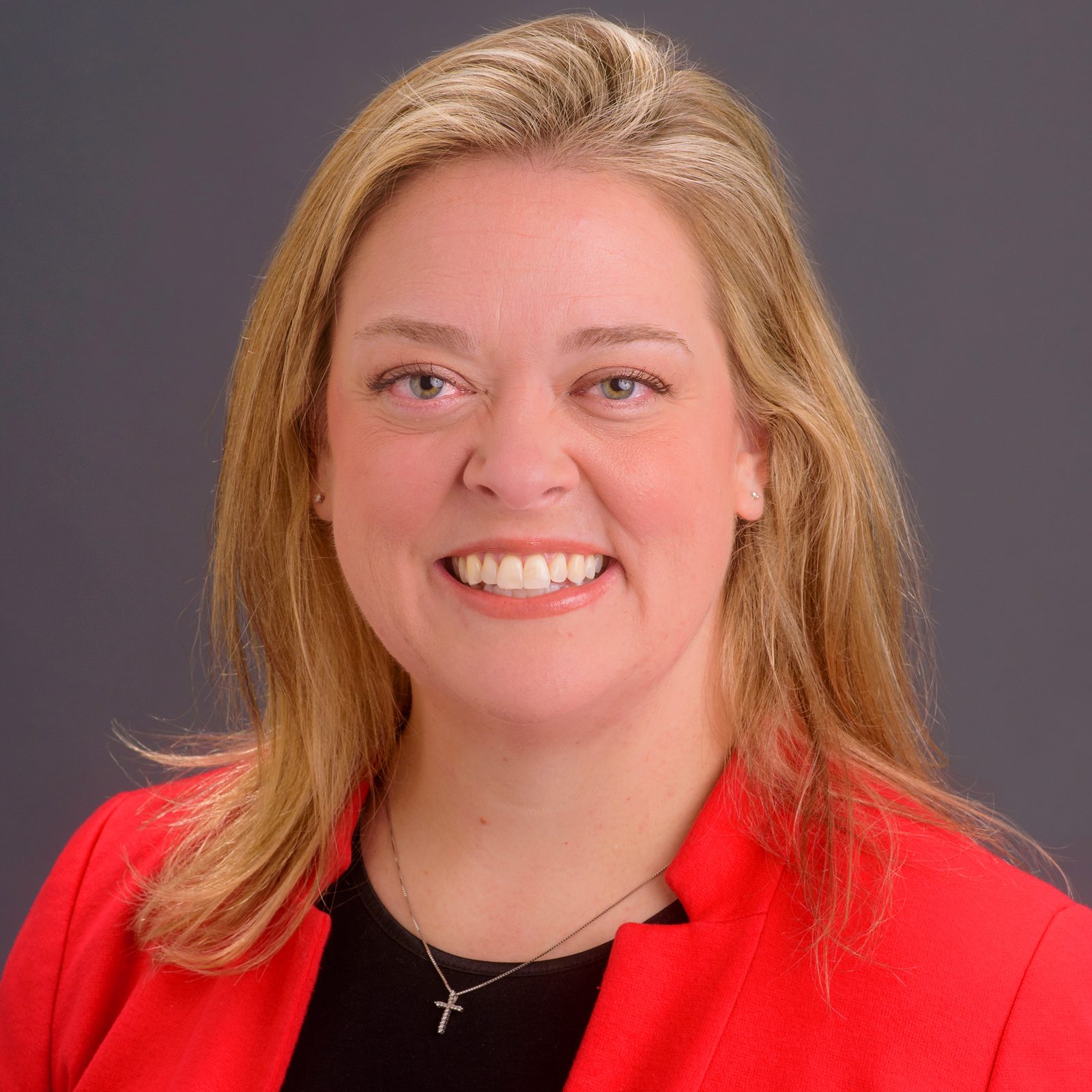As President of the Missouri Chapter, American Academy of Pediatrics (MOAAP), I work alongside our 1,100+ member physicians, trainees, and pediatric providers to promote and advance the health of children and families across our state.
Each day we go to work with one goal in mind: helping children live healthy, productive lives. We meet this mission by working in tandem with the people who influence a child’s life most; their parents, teachers, coaches, siblings, guardians, and peers. Afterall, the old adage “it takes a village to raise a child” rings true perhaps now more than ever.
We know back to school is often a time of stress for families trying to wind down summer activities, get children back into a routine and obtain all of the necessary supplies for a successful school year. This year, as children across Missouri begin the process of returning to school, whether in person, virtually or some combination of both, our voice as medical professionals and child advocates provides us with the opportunity to help families make the process go as smoothly as possible.
We understand returning to school is a difficult decision for families to make, as many questions still exist surrounding the safety and health of doing so. Make no mistake, we strongly believe the best environment for a child to learn is in a school setting. However, there are circumstances in every family which should be considered before making a decision and pediatricians are here to help you do so. This is why we strongly advise families to contact their pediatrician or primary care provider to discuss the best plan for your child’s return to school.
Regardless of the form of education you make for your child, we also encourage families to take these three steps to help ensure children are healthy and ready to go back to school:
- Schedule a well-child visit with your pediatrician or primary care provider to obtain routine vaccinations, discuss back to school options and keep children on a healthy developmental path;
- Start a weekly routine now to help your child readjust to the school week calendar, especially around bedtime and waking up; and
- Have conversations with your child about appropriate use and wearing of masks, including not sharing them with others, how to properly secure them and to always keep an extra mask handy.
Taking these steps will help reduce stress on you and your child while keeping them on a healthy developmental path and making return to school, while different, successful.
Additionally, we encourage families to speak openly with us and not hesitate to ask for help locating resources or assistance when needed. This is a stressful time for everyone and we know the health of a child is dependent on the health of the entire family. If you are experiencing a loss of employment, lack of adequate food in the home or even emotional stress, please talk to us. We may not have all of the answers but we can try to point you in the right direction.
On behalf of pediatricians across our state, the Missouri Chapter, American Academy of Pediatrics is here for you, your child and your family.
For more information, visit missouriaap.org.
__________________________________________________________________________________
MOAAP President Dr. Kristin Sohl, MD, FAAP, is a pediatrician with extensive experience in medical diagnosis, evaluation and treatment of children with a concern of autism and other neurodevelopmental disorders. She is an expert in quality and process improvement for comprehensive autism diagnostic and longitudinal services, is the site principal investigator for the Autism Intervention Research for Physical Health/Autism Treatment Network (AIRP/ATN) and serves in national leadership roles with each program. She is also founder of ECHO Autism, an innovative framework to increase community capacity to care for children with autism and other developmental/behavioral concerns. ECHO Autism is considered a national model for expanding autism diagnosis and treatment to underserved and rural populations. Her team has established partnerships with health care entities in more than 15 states and five countries.

